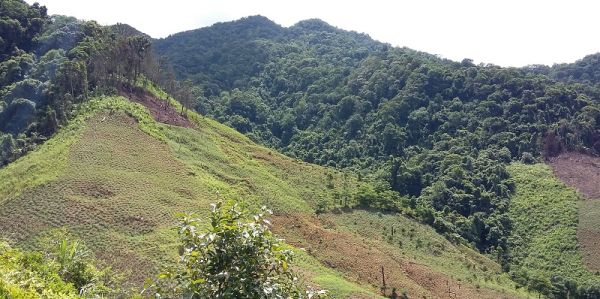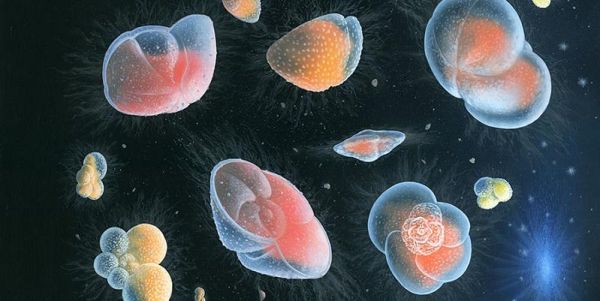
Billions of tonnes of ice lost from Antarctic Ice sheet
Scientists have calculated that the fastest changing Antarctic region - the Amundsen Sea Embayment - has lost more than 3,000 billion tonnes of ice over a 25-year period.

Scientists have calculated that the fastest changing Antarctic region - the Amundsen Sea Embayment - has lost more than 3,000 billion tonnes of ice over a 25-year period.

Compass readings that do not show the direction of true north and interference with the operations of satellites are a few of the problems caused by peculiarities of the Earth’s magnetic field.

Mineral dust played a key role in raising oxygen levels in the Earth’s atmosphere billions of years ago, with major implications for the way intelligent life later evolved, say researchers.

Deforestation is resulting in reduced rainfall across large parts of the tropics, according to new research.

Glaciers along the Antarctic peninsula are flowing faster in the summer because of a combination of melting snow and warmer ocean waters, say researchers.

The curious landscapes formed by dried out salt lakes are caused by the movement of fluids in the soil beneath the surface, according to new research published today.

A decade-long international study into kidney cancer has shown that doctors can predict the likelihood of a patient’s disease returning by looking at DNA mutations in their tumours.

Governments are not using the latest mapping technology to report key environmental data about tropical forests to the UN, say researchers.

Basing specialist pharmacists in care homes can help make residents safer by cutting potential harm from medicines, according to research carried out by University of Leeds academics.

Researchers have used nearly half a million fossils to solve a scientific mystery - why the number of different species is greatest near the equator and decreases towards polar regions.